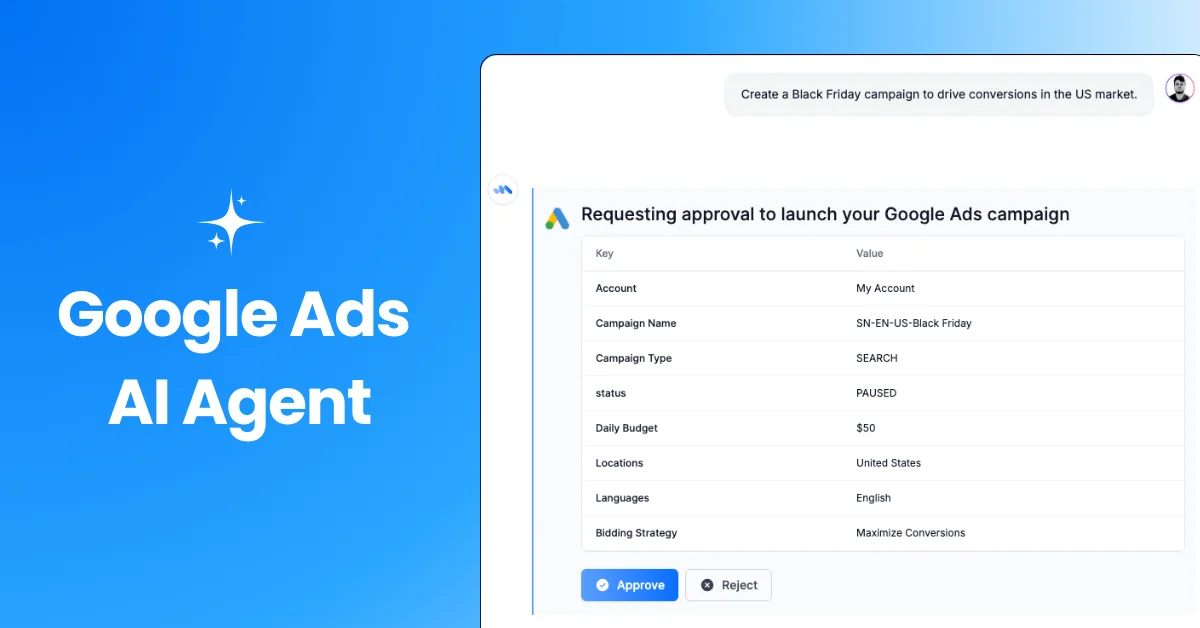During the recent Google I/O conference, Google showcased its latest Gemini AI model, highlighting its commitment to AI. Google is integrating Gemini into a variety of products, aiming to make AI a central part of everyday digital experiences. However, despite Google's ambitious plans, Microsoft, in collaboration with OpenAI, remains ahead in the war for AI developers.
Microsoft's strategy is centered around delighting developers, providing comprehensive APIs, extensive documentation, and robust support to make AI integration seamless. This focus on developers, who are crucial in building apps and using tools, gives Microsoft an advantage over Google.
Google's Achilles' heel has been its inability to attract developers. Despite having a technically superior infrastructure, Google Cloud trails behind Amazon Web Services and Microsoft Azure in market share. This is largely due to Google's focus on its consumer core, rather than developers.
However, Google is making efforts to win over developers. It has hired OpenAI's former developer advocate, Logan Kilpatrick, and is working on making its AI tools more accessible and user-friendly. Despite these efforts, developers at the I/O conference expressed that Google's AI offerings can be intimidating to approach, especially compared to Microsoft and OpenAI.
Microsoft's edge lies in its deep roots in the enterprise, strong developer ecosystem, and strategic partnership with OpenAI. Its release of the Phi-3 family of small language models, particularly the Phi-3-mini, demonstrates its ability to compete with small language models.
In conclusion, the winner of the AI race will likely be determined by which company can most effectively rally developers to its cause. Despite Google's technical prowess, Microsoft, with its developer-focused strategy, seems poised to maintain its lead.













